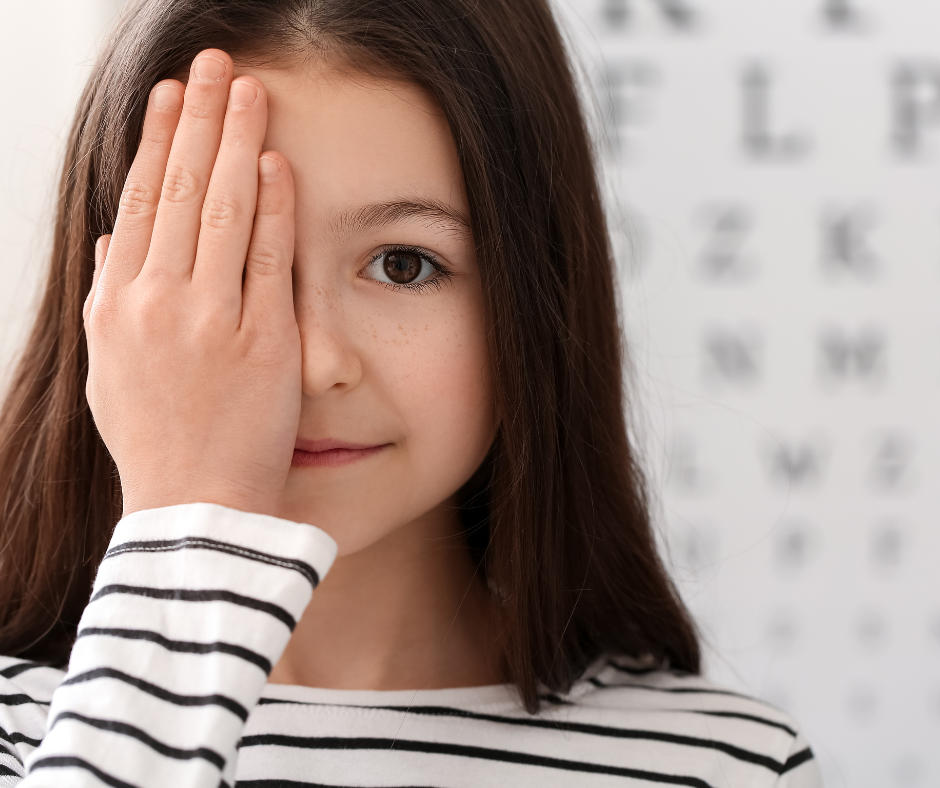
Children’s Eye Testing at Northbridge Optical
Children’s Eye Testing
At Northbridge Optical, we are happy to see children of all ages. We understand that all children are different and our optometrist is happy to personalise the eye test for each child. We offer different vision testing charts including shapes, numbers and letters.
Why is it important to have your children’s eyes tested regularly?
During the early years, your children are starting to develop the fundamentals of their learning. Good vision is essential for your children to learn effectively. Vision problems can affect a child’s ability to read.
With the increased use of technology (including ipads, gaming consoles, phones, computers and TV), it can cause problems to your child’s developing eye muscles or even lead to myopia (short-sightedness or problems seeing in the distance).
At Northbridge Optical, we recommend having your child’s eyes tested annually.
What could be some symptoms that my child has an eye problem?
A child could still have eye problems even if they do not complain of blurry vision. Signs and symptoms to look out for include:
Squinting
Covering one eye to see
Tired eyes when reading
Difficulty reading
Tilting head to see
Repeating lines or letters when reading or writing
Red or watery eyes
Eye rubbing
Headaches
Blurry or double vision
If you have noticed any of the above signs in your child, we would recommend booking in to see an optometrist to discuss this further.
What to expect during a children’s eye examination?
At Northbridge Optical, we welcome children of all ages. We understand that every child is different and some may need more time than others. The optometrist will cater their testing to the child. The optometrist will run a range of assessments may include:
Visual acuity testing
Testing how well the child can see in the distance (seeing the board)
Binocular vision testing
Testing how well the eyes work together
Near vision testing
Seeing how well the child’s near vision is (reading up close)
Eye movements
When we read, we need to scan words across the page, the optometrist will check to make sure eye movements are accurate and smooth
Colour Vision testing


